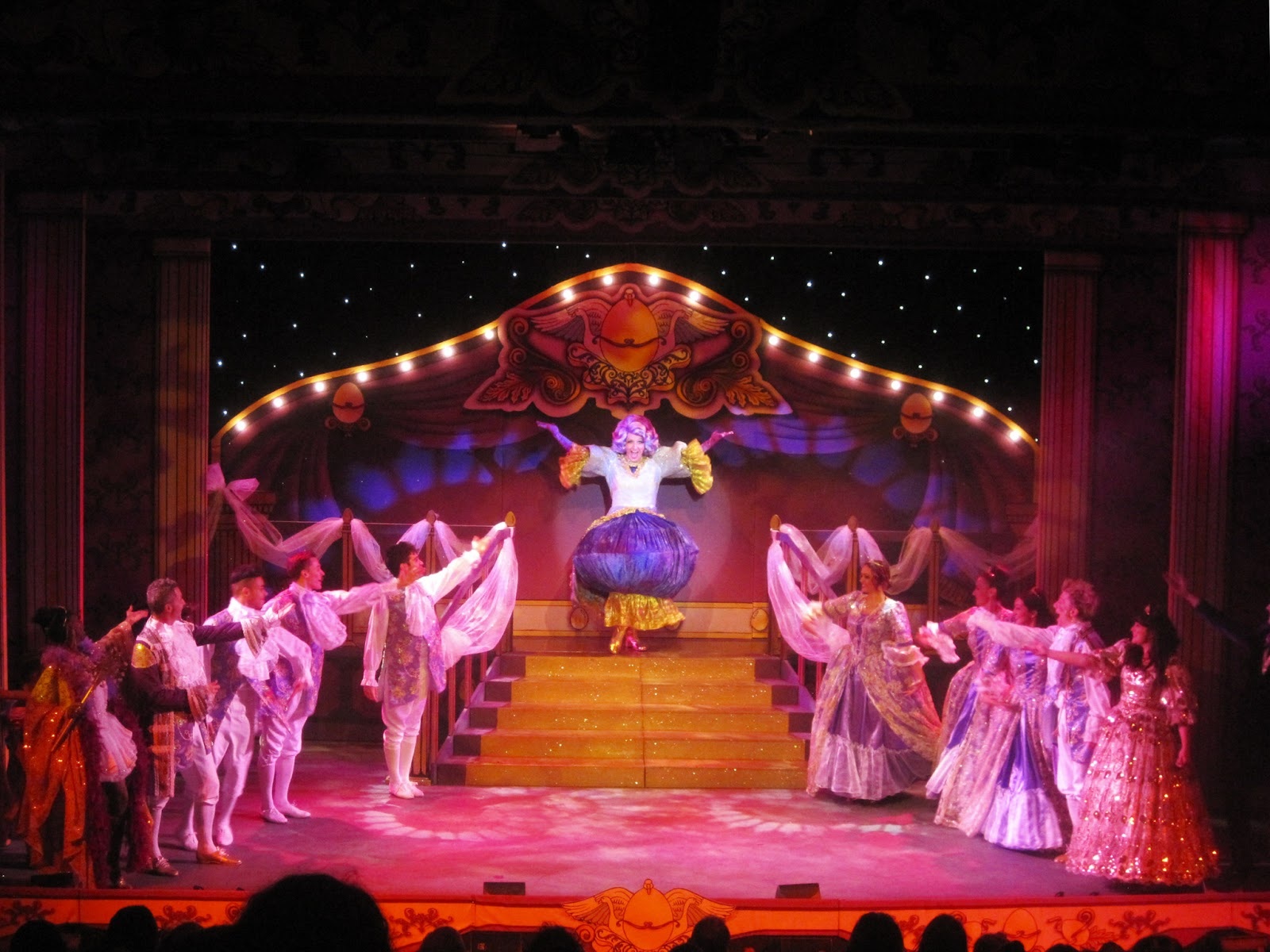 For many in the showbiz world, the festive period is equal to one thing – pantomime! And for many graduating students straight out of college, performing in pantomimes can be a way of gaining some work for a few weeks while they try to secure a future contract. Working as a professional dancer in a pantomime, alongside the juvenile dancers and the principals, can be a way to hone skills and possibly work alongside bigger stars that producers have paid to appear in the show.
For many in the showbiz world, the festive period is equal to one thing – pantomime! And for many graduating students straight out of college, performing in pantomimes can be a way of gaining some work for a few weeks while they try to secure a future contract. Working as a professional dancer in a pantomime, alongside the juvenile dancers and the principals, can be a way to hone skills and possibly work alongside bigger stars that producers have paid to appear in the show.
Panto means a period of at least six weeks away from your home, and often the show you are performing in is not local to you. This means dancers need to find digs in the area they are performing. It’s important to arrange digs immediately so you know you have a comfortable place to return to after rehearsals and the show, and sharing with other company members is always a good idea. Try to stay as near the theatre as possible so you can get back quickly and easily after the show, especially if you don’t have your own mode of transport.
Aside from the musical Cats, pantomime can perhaps be one of the most physically demanding forms of theatre. It is ultimately important to ensure your fitness levels and body conditioning are at their peak, ready to take on the run. There are usually two shows a day, equating to twelve shows a week, so it is a good idea to put your fitness first. The show run could be up to six or even seven weeks so maintaining a good level of body and vocal fitness is vital. Use your voice daily for a period before rehearsals begin and cross-train regularly in areas aside from dance.
Pantomime can also be an invitation to party with the other cast members and new friends, however the hectic social life and long days can take their toll. Appearing professional and performing at your peak does not go hand in hand with partying and staying out late. Make sure you get enough sleep to perform well the next day, you may need to be back next year!
